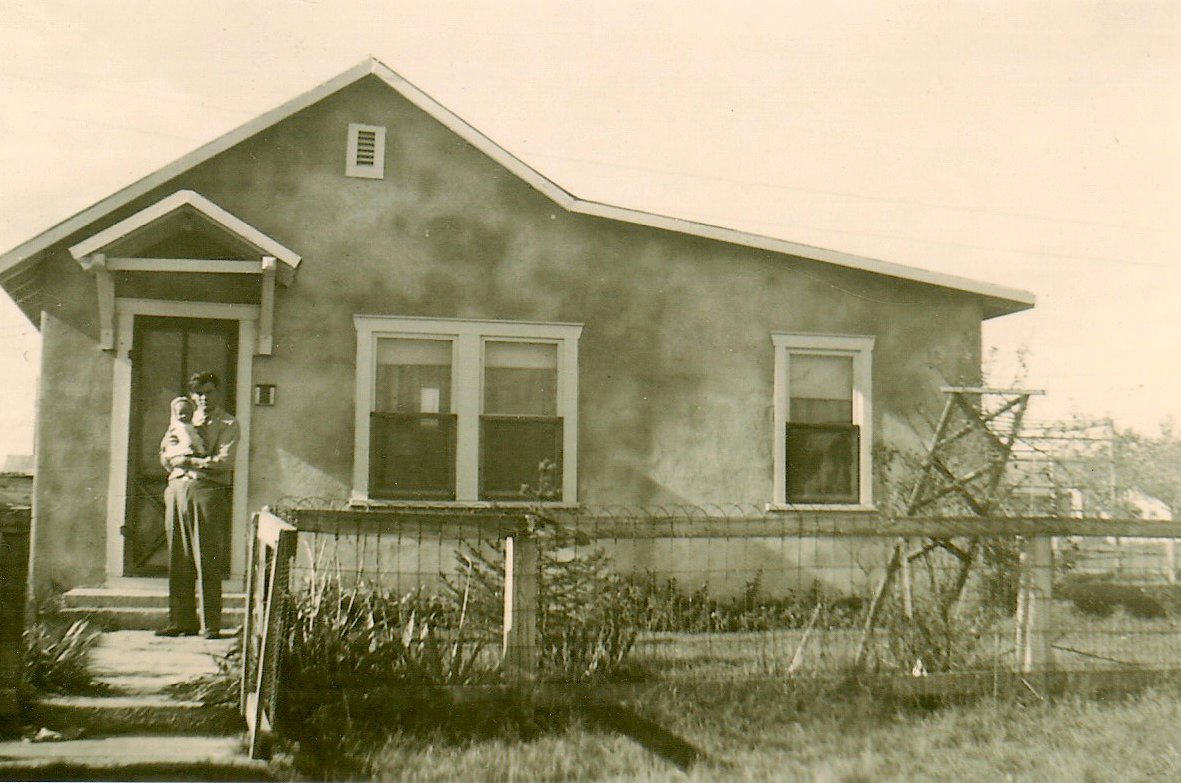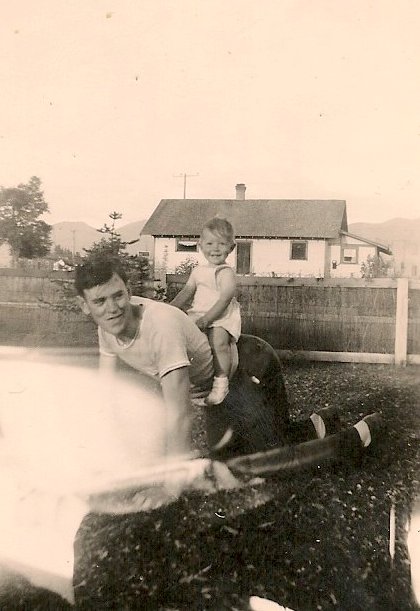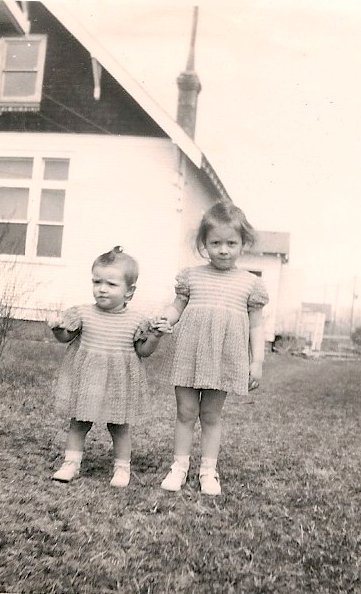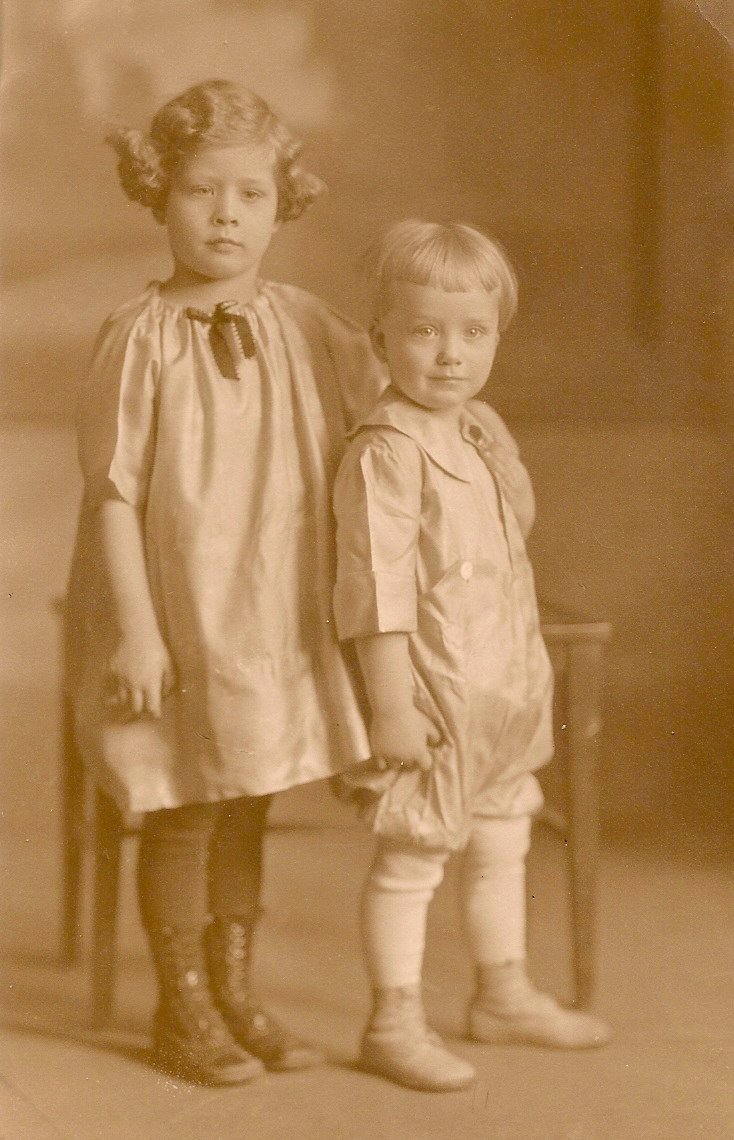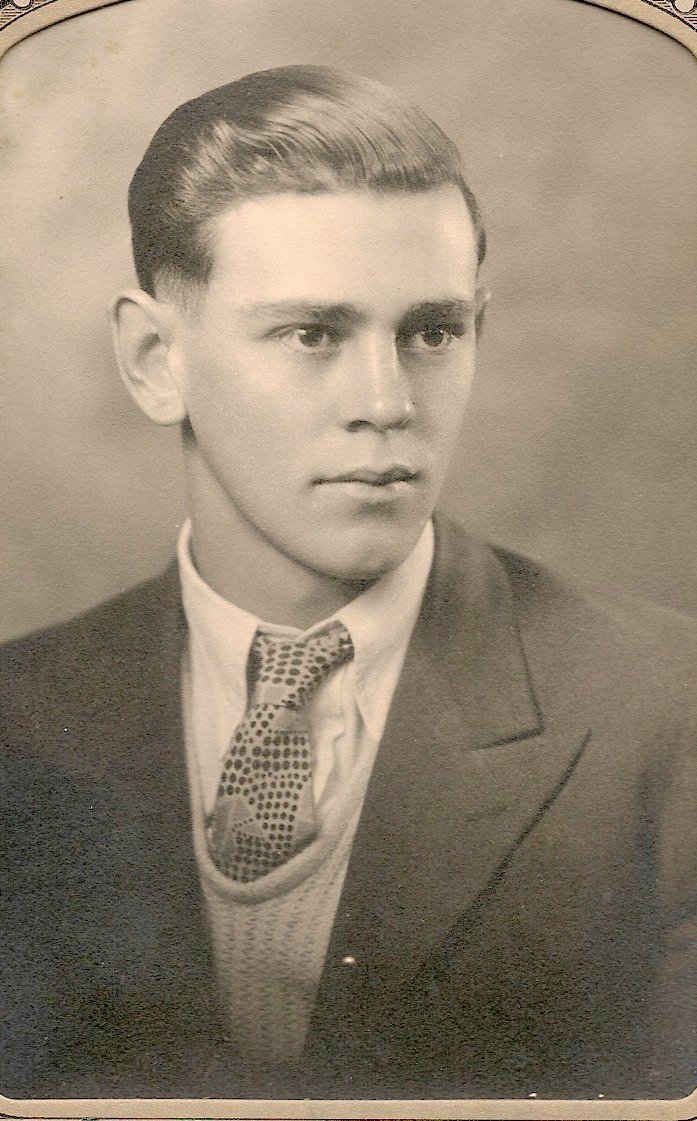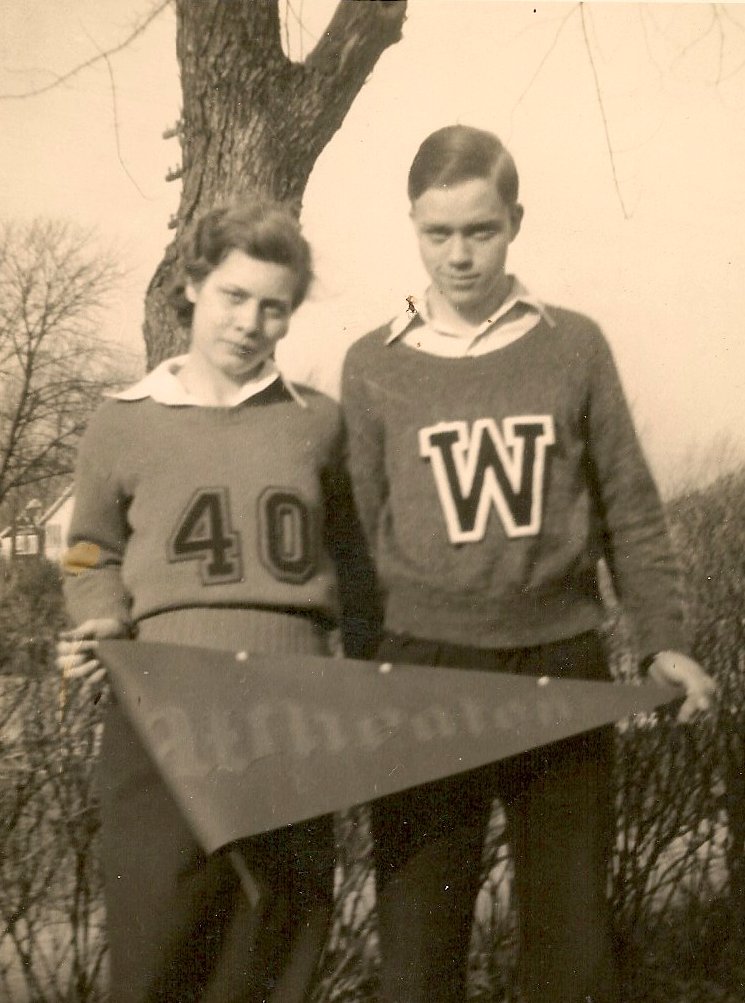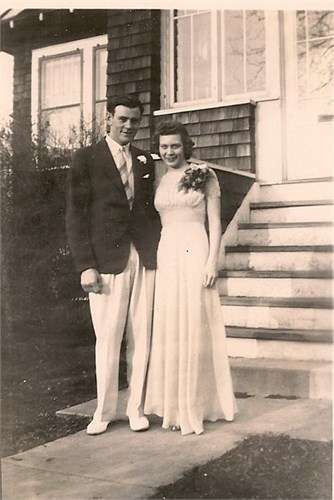Amanuensis Monday: Vickie and Harry Buerer Journey to Africa
/When I look at the wealth of photos and information my grandmother left behind, I'm incredibly grateful. I believe (and I think a lot of people who knew her would agree) that she was a very difficult person to know on a personal level. But I'm hoping that through her letters and diaries, I can understand this person better. And it's fascinating to read her writing when she was a young woman.
All her life, my grandmother longed to go to Africa as a missionary. Her relatives ran the Belgian Congo Mission, and she made it her life's intent to join them. But I don't think things turned out the way she wanted. In her life story she wrote for my cousin, she explains a lot of things in detail. But when she gets to the part about Africa, she basically accounts that they went and only stayed three and a half years. And after reading her letters and diaries, I think I can make a bold statement.
The experience really sucked for them.
But I would like to share the letters and diaries for many reasons. Posterity. To delve into a story about a couple taking two young children to Africa in 1946, an experience I can honestly say I would never, ever do. And to hopefully understand Vickie more. (And let me tell you a lot of what my grandmother says in her diaries and letters does not translate well to our current time. You'll see what I mean.)
Vickie's first letter to her parents about their journey. Part 1.
April 2, 1946
Leopoldville
Dear Mamma and Daddy,
We should have written sooner but it is so hot here in Leopoldville that one doesn’t feel much like writing. We are getting along fine here except that almost no one speaks English and my French is pitiful. I can sometimes make myself understood but can seldom understand anyone else.
The night before we left New York, there was a bad rainstorm and Pan American called to say the plane would be delayed until 3 P.M. Wed. After that they kept delaying the flight until 5 and then 7. When we got to the airport, the plane didn’t leave until 8:45. We got to Newfoundland about 2 o’clock (EST) Thursday morning. That was the worst part of the trip for me. There were several rough spots and the landing was very rough. Harry got air-sick and I felt awfully nauseated. There was snow on the ground and it was very cold there. We had to sit in the waiting room for six hours there because the weather was too bad to go on. Soon after we left there Peggy Ann became sick and didn’t eat anything from Newfoundland to Lisbon. During that time she vomited 10 times and was a very sick little girl. She was very good though and never cried or complained. She slept or just lay there looking at us. Nancy was very good too. Every so often she wanted to get off the plane because she got so tired riding, but we didn’t have any trouble with her. We landed at Shannon Airport in Ireland at 11:15 P.M. (6:15 EST), had supper, and sat around waiting for a couple hours. Finally they decided to take us to a hotel for the night in Ennis. It felt good to sleep in a bed for a few hours even if they did wake us up at 5:30 a.m. There were stone jug footwarmers in the beds and they really felt good. After we got back to the airport we had to wait until 10:30 a.m. before they got started. One rumor was that the crew was on a spree in Limerick and they couldn’t get them together. We had a lovely ride through the Irish countryside just at daybreak and it was very quaint and picturesque.
We landed in Lisbon that afternoon (Fri.) about 3:00 P.M. (EST). We were there for about two and a half hours. While there Pan American took us for a bus ride around town and to a ritzy restaurant to eat. The meal was delicious, although we turned down all the wine. We refused the whiskey in Ireland, too. Lisbon was very colorful. Everything was in bloom and the houses were shades of pink and peach stucco with red or orange tile roofs. In Ireland they had grass (illegible until the next page)…better after that. We arrived in (illegible) about 2:15 a.m. Saturday. It was our first glimpse of Africa and it wasn’t anything encouraging. It was an army post as Newfoundland was. We were served a buffet lunch by natives and even the air had an African odor. We took off again in 45 minutes and landed at Roberts’ Field in Liberia at 7:00 a.m. (EST). That was the filthiest place I’ve ever been in in my life. We slept in the army barracks and ate in the mess hall. I couldn’t find a clean spot on the tablecloth. The food was really unfit for children and was served by dirty natives. The only good thing was that the water was cold which we haven’t been able to say since. The sheets we slept on were filthy and when I put down the mosquito netting, bugs rolled out. In the room next to ours the stewardesses entertained army officers all night but it was against army regulations for our husbands to sleep with us. They had to be in the officers barracks and one stewardess spent the night in a room near Harry’s. There were 10 missionaries and 7 missionary children on our plane. Another couple got on there with two children. The heat there was terrific and the very sticky kind. We didn’t leave there until 3 a.m. Sunday morning, so were there almost 24 hours. While there, they took us on a tour of Firestone rubber plantation which was very interesting. We also went to a nature village which was also very interesting. We bought bananas for a penny a piece from the natives.
The trip from there to Leopoldville, I mean the last part, was very rough. Most of the dinner fell off the table all over the floor before they got to serve it but we didn’t feel like eating anyhow. At one time, Harry, Nancy, and Peggy Ann were all vomiting at once. Nancy and I were in one seat and I was holding a paper bag for her but couldn’t reach the others to help because we were all strapped in. They were each using one side of the same bag so got along O.K. I’m the only one of our family that didn’t get air-sick but I didn’t feel very comfortable. It won’t bother us if we never fly again.
We landed in Leopoldville Sunday afternoon about 2 o’clock. It is a very lovely place and the mission home where we are staying is nice and clean and serves delicious meals.




